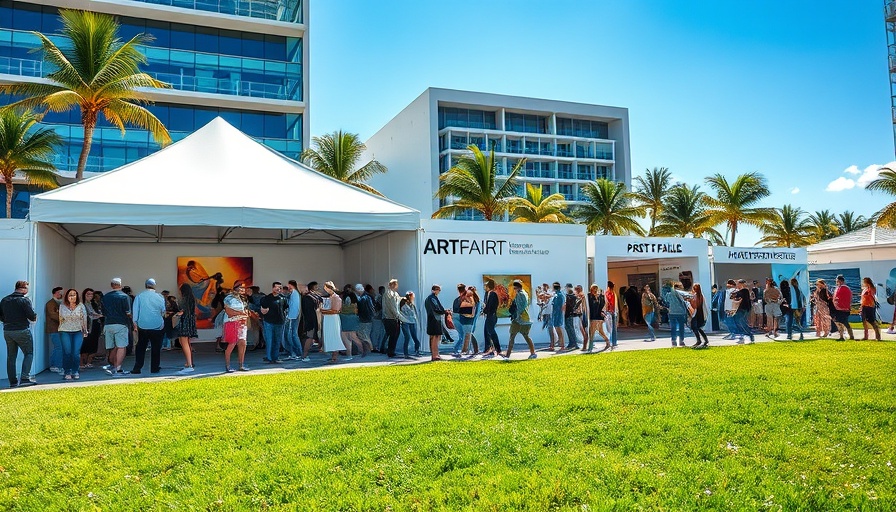
The Whitney Museum’s Cancelation Sparks Public Outcry
The Whitney Museum of American Art recently faced backlash for canceling a performance that was pro-Palestine, leading alumni of the museum’s Independent Study Program (ISP) to voice their discontent. This cancellation has ignited discussions on artistic freedom, censorship, and the responsibility of cultural institutions to engage with global issues. For many, the decision not only silences a powerful narrative but undermines the museum's role as a forum for diverse voices.
The Significance of Art in Political Discourse
Art has always served as a mirror reflecting societal values and struggles. The ISP alumni argue that by canceling the performance, the Whitney Museum diminishes the importance of art in voicing resistance and advocating for change. In a world where social issues are increasingly polarized, the role of artistic expression becomes all the more crucial. This event serves as a reminder of the ongoing debate about where the boundaries lie between artistic freedom and institutional accountability.
Community Voices: Opinions from Philadelphia
For the top wage earners in Philadelphia, understanding the implications of such cancellations can lead to deeper discussions in their social circles. As engaged community members, their perspectives shape the scene of local arts and culture. Some Philadelphia residents may resonate with the feelings expressed by the ISP alumni, believing that cultural institutions should support free expression without fear of backlash. Others may argue for balance and thoughtful engagement in politically charged environments.
Striking a Balance: Artistic Freedom vs. Censorship
Art can sometimes provoke strong reactions, leading cultural institutions into sticky situations. The cancelation of a pro-Palestine performance demonstrates the tension between showcasing controversial topics and the potential risk of alienating supporters or donors. Navigating this landscape requires sensitivity and awareness of the broader implications—both for the artist and the community at large.
Alternative Perspectives: Views from the Arts Community
While many stand in support of the alumni and their call for artistic freedom, others may provide alternative opinions. Some argue that institutions like the Whitney bear the responsibility of maintaining a safe space for all visitors, which can inherently limit what is showcased. This nuanced discussion is essential for a healthy discourse around art and its influence on society.
Looking Ahead: Future Implications for the Whitney Museum
As the Whitney Museum contends with this fallout, how it addresses the criticisms will be pivotal. Will it take a stand to reaffirm its commitment to artistic expression or lean towards a more cautious approach in the future? The decisions made now will undoubtedly shape the museum's legacy and its relationship with the communities it serves.
Join the Conversation
As this situation continues to unfold, how will you engage with arts and culture in your community? Share your thoughts and consider the implications of artistic freedom in your own interactions.
 Add Row
Add Row  Add
Add 




Write A Comment